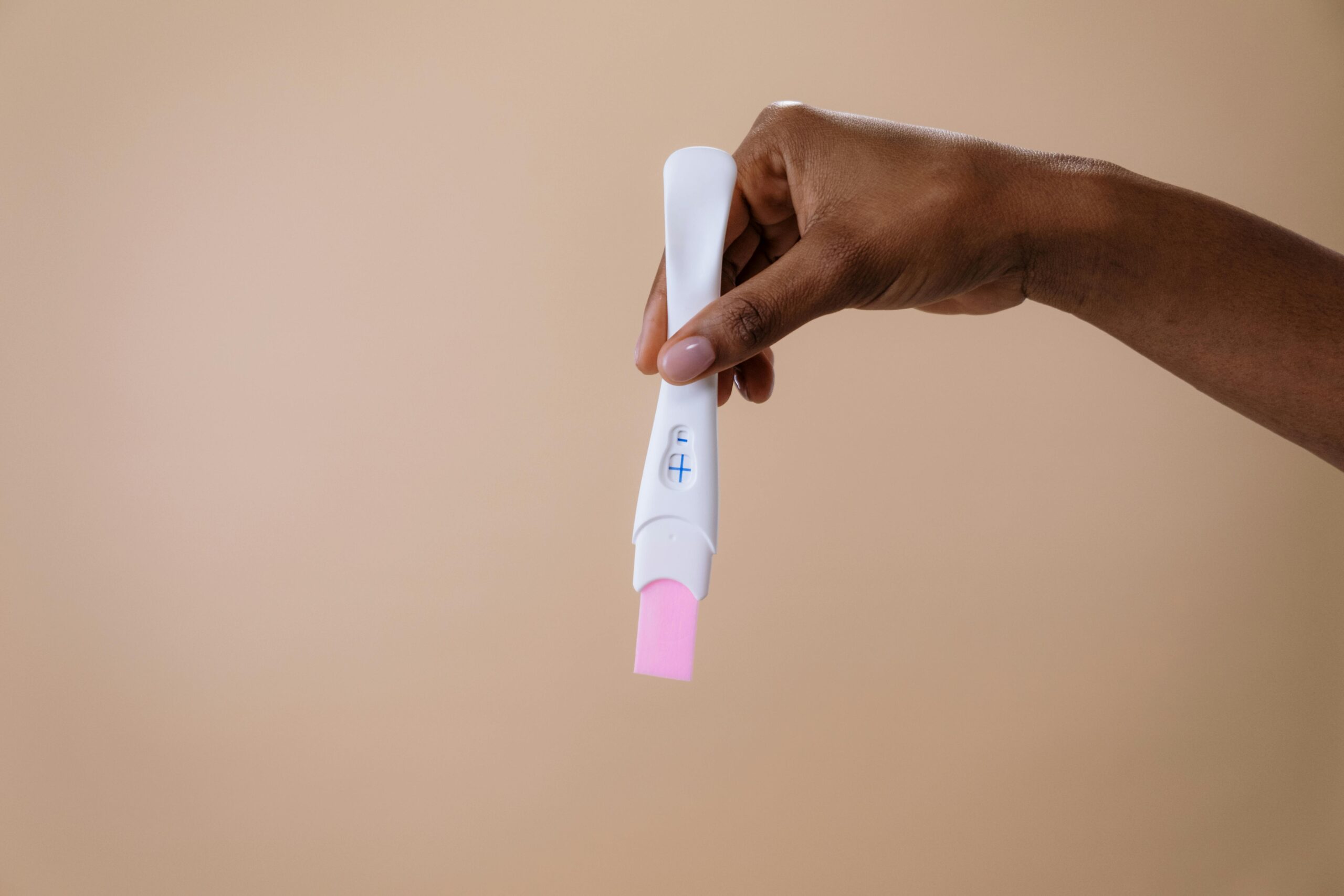Pregnancy marks a significant and life-changing stage in a person’s life, often accompanied by many questions. Early recognition and confirmation are the first steps toward preparing for this new chapter. Whether it’s your first pregnancy or not, understanding the potential signs and the next steps can help you feel more informed.
What Are the Signs of Pregnancy?
The body undergoes many changes during pregnancy, some of which present as symptoms early on. These initial indications can vary widely from person to person. Below are some common signs:
- Missed Period: A missed period is often one of the earliest indicators, particularly for those with a regular menstrual cycle.
- Nausea and Vomiting: Often referred to as “morning sickness,” nausea and vomiting can appear as early as a few weeks.
- Tender or Swollen Breasts: Hormonal changes early in pregnancy may lead to breast tenderness, swelling, or sensitivity.
- Fatigue: Feelings of extreme tiredness are common during the early stages. Hormonal shifts, particularly increased levels of progesterone, can contribute to this symptom.
- Frequent Urination: Changes in hormone levels, along with increased blood flow to the kidneys, can lead to more frequent trips to the bathroom.
- Mood Changes: Fluctuating hormone levels can also affect emotional states, resulting in increased mood swings, irritability, or sensitivity.
It’s worth noting that these signs are not exclusive to pregnancy and could be linked to other physical or hormonal conditions.
How Is It Confirmed?
The process of confirming if you’re pregnant typically involves home testing followed by consultation with a medical professional. Home pregnancy tests are easily accessible and typically used as the initial method of detection. For accurate results, follow the instructions provided with the test and use it after a missed period.
Following a positive home pregnancy test, visiting a healthcare provider for confirmation is recommended. Clinical pregnancy tests can be blood-based and are conducted in a controlled medical setting to verify results. Blood tests can confirm pregnancy earlier than urine tests. Consulting a medical professional early helps validate the pregnancy and rule out conditions like ectopic pregnancies or other medical concerns.
What Does Prenatal Care Look Like?
Scheduling a prenatal appointment is the logical next step after confirming pregnancy. Medical professionals will guide you through the early stages and monitor your health and the health of the pregnancy. During the first visit, healthcare providers typically focus on collecting comprehensive medical information and conducting an initial evaluation. Here’s what to expect:
- Medical History: Nurses or doctors will inquire about your medical history, family history of medical conditions, and prior pregnancies.
- Physical Exam and Testing: A physical examination may include routine checks like blood pressure and weight measurement.
- Estimated Due Date: Providers will calculate the approximate due date based on the first day of your last menstrual period or an ultrasound.
- Ultrasound: This imaging technique helps verify the pregnancy and check for the embryonic heartbeat, often adding further reassurance.
Healthcare professionals remain involved in facilitating a healthy pregnancy through each stage, offering ample support suited to individualized needs.
Make an Appointment With a Medical Professional
Consulting a qualified medical professional is a helpful and supportive step to understanding your pregnancy, addressing your questions, and receiving tailored care. If you believe you might be pregnant or if you’ve already confirmed a positive result, contact your healthcare provider today to schedule your first appointment. Their guidance and expertise will assist you in navigating the first steps of your pregnancy with confidence and clarity.
- Choosing the Right Plastic Surgeon for Your Cosmetic Procedure
- Understanding Different Types of Laser Treatments for Skin Rejuvenation
- Why a Family Dentist is Key for Maintaining Oral Health
- The Benefits of Regular Visits to a Wellness Spa
- Exploring the Emotional and Psychological Triggers of Eating Disorders


Leave a Reply